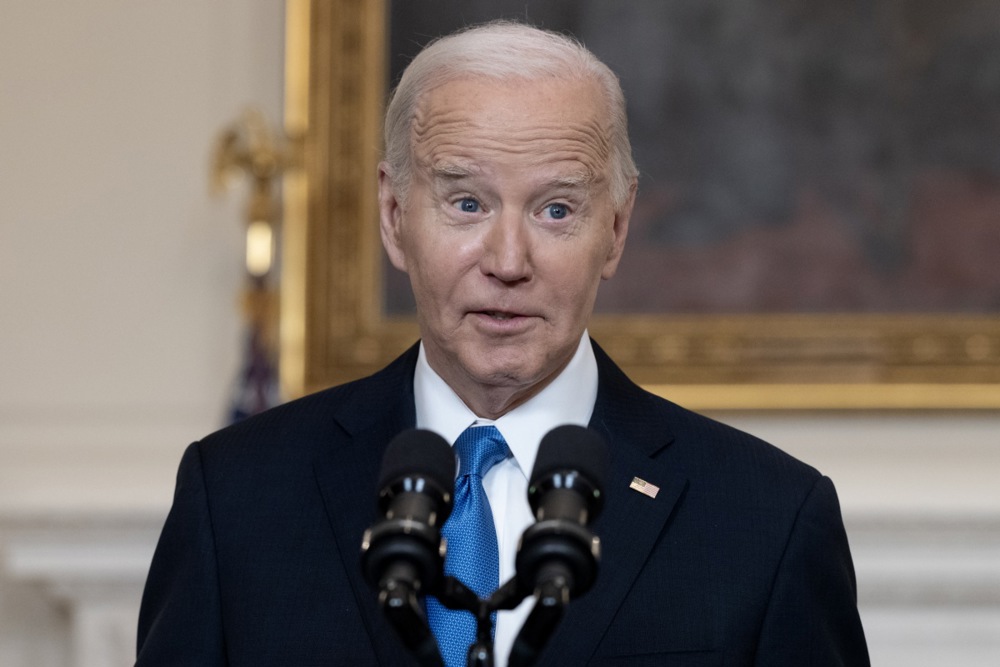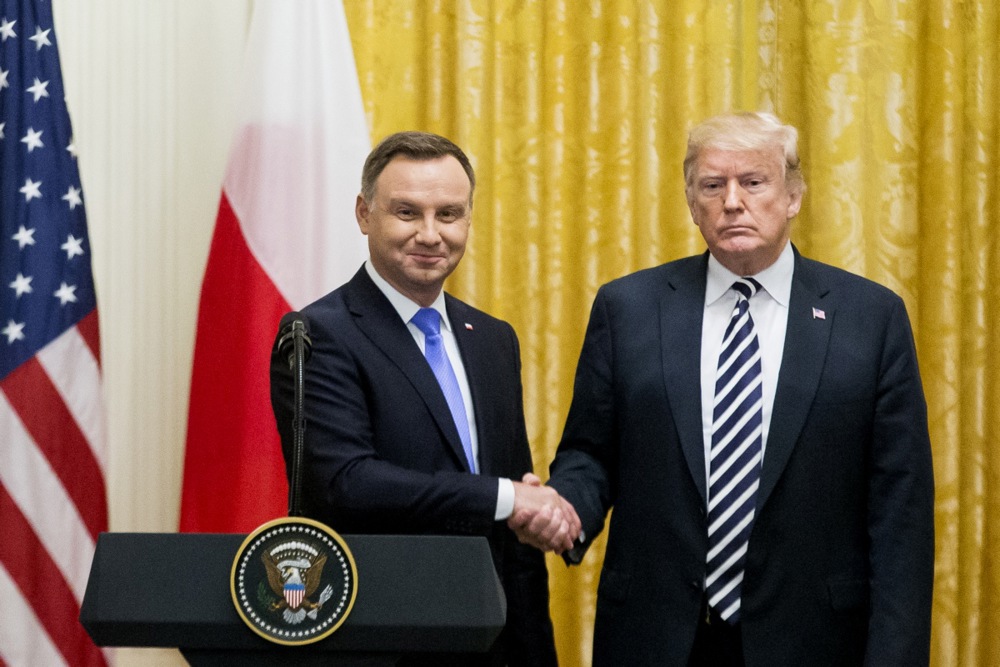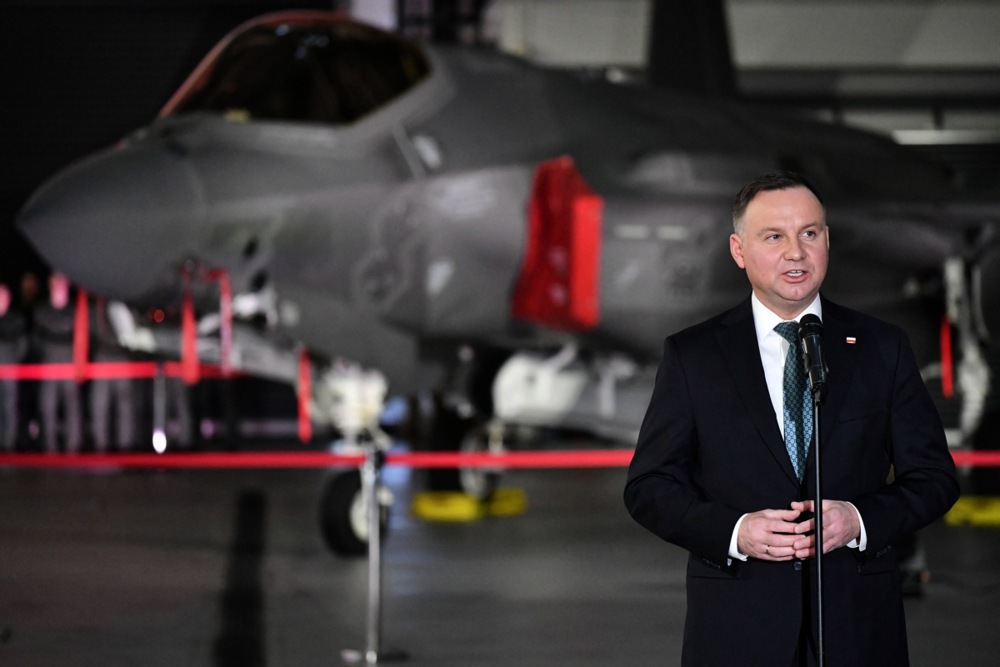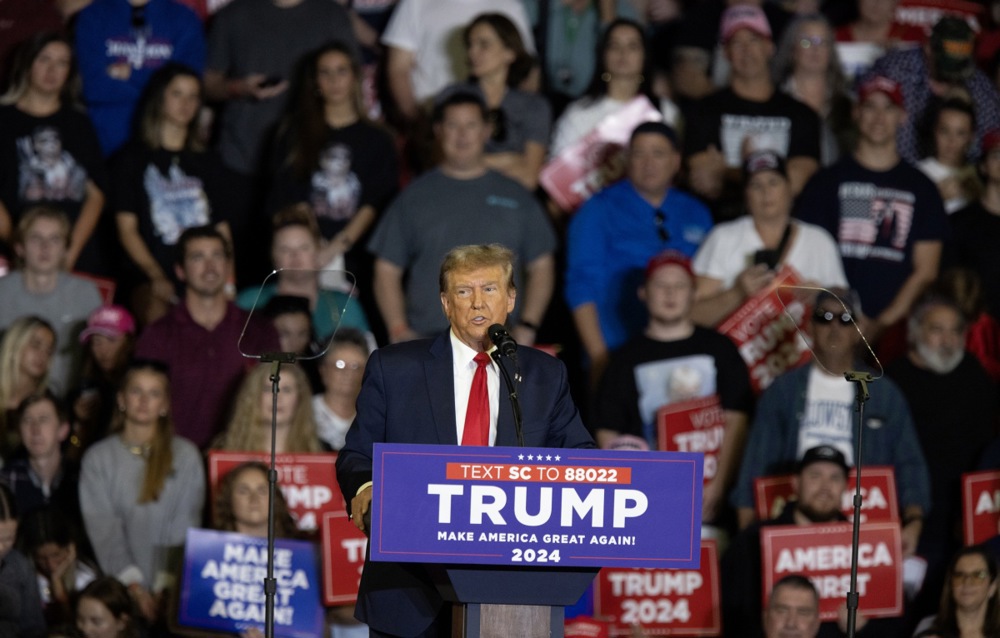Polish Prime Minister Donald Tusk has denied suggesting US President-elect Donald Trump was a Russian asset despite a video of him making the claim during a Polish pre-election meeting in the spring of 2023.
At a press conference in Warsaw this week, Tusk claimed he had never said Trump had been a Russian asset. “No I never made any such suggestions,” he told a reporter.
Polish liberal portal Onet.pl and other conservative portals were quick to show Tusk had talked about Trump as a Russian asset, citing the Polish PM during a pre-election meeting in the region of Silesia on March 17 last year, the video of which which is still available on his Youtube channel.
During that meeting, Tusk speculated that had Trump won the 2020 presidential election “USA would no longer be in NATO”. Fortunately his chances of winning the 2024 election were “very small,” he said.
He then added: “Trump’s links with Russian secret services are irrefutable. This is not what I think but the result of investigations conducted by US intelligence. They don’t rule out the possibility that Trump might have been recruited by Russian secret services 30 years ago.”
Former Polish Conservative PiS PM Mateusz Morawiecki has posted a juxtaposition of Tusk’s denial at the 7 November press conference with the relevant snippet of Tusk’s remarks at the public meeting.
Przed Państwem @donaldtusk w pełnej okazałości⤵️ pic.twitter.com/idlI5Ezi8H
— Mateusz Morawiecki (@MorawieckiM) November 7, 2024
The head of the PiS parliamentary caucus, Mariusz Błaszczak, who on November 6 in the Polish parliament had called on Tusk to resign over his hostility to Trump, wrote on X on November 7 that Tusk’s allegations were so serious he must make a public statement because “Polish-US relations are at stake”.
Polish opposition PiS MEP Dominik Tarczyński told portal wPolityce that Trump had been fully briefed on a series of disparaging comments made about him by Tusk. The MEP said he now believed they made “future co-operation between Tusk and the new US administration difficult”. The former chairman of the Polish parliament’s foreign affairs committee, Radosław Fogiel, accused Tusk of being a “barefaced liar”.
Cezary Tomczyk, deputy defence minister in the Tusk government, when pressed by Catholic TV Trwam, said that Tusk had based his remarks on evidence that had emerged from an FBI investigation which had allegedly shown “deep infiltration of US politics by Russian influence”.
Jarosław Rzepa, an MP from the centrist Polish People’s Party (PSL), which is part of the Tusk government, said that Tusk may have to apologise for his remarks because they could “threaten the security of our country”.
During the pre-election meeting last year at which Tusk made his allegations, he also attacked the PiS for its “adulation of Trump and hostility to the Democratic Party” adding that this was “one of the biggest mistakes of Polish foreign policy during the time of the PiS administration”.
Polish diplomats, including foreign minister Radosław Sikorski, said they now hoped to take advantage of the fact that Poland had a good relationship with Trump during his first term as president. Sikorski praised the President-elect for having pushed NATO members to spend more on defence.
President Andrzej Duda, an ally of the former PiS government, has established a good rapport with Trump. Some Western media outlets have given Duda the credit for having persuaded Trump to allow Republicans in Congress to vote through a package of military aid for Ukraine in the spring of this year.
But on social media, the Polish PM has accused US Republicans of withholding aid for Ukraine, saying: “Former [US] president Reagan must be turning in his grave.”
Jacek Siewiera, Duda’s national security adviser, told reporters on November 6 it was likely Poland would attempt to persuade Trump to come to visit in the first few months of 2025, when the country takes over the presidency of the Council of the European Union.
The journalist from Conservative-leaning Tygodnik Solidarność who raised the contradictory statements by Tusk, Monika Rutke, later told Polish TV that Tusk’s press staffer, Agnieszka Rucińska, warned her that she would not be admitted to future Tusk press conferences.
The Polish government declined to comment when contacted by Brussels Signal.





